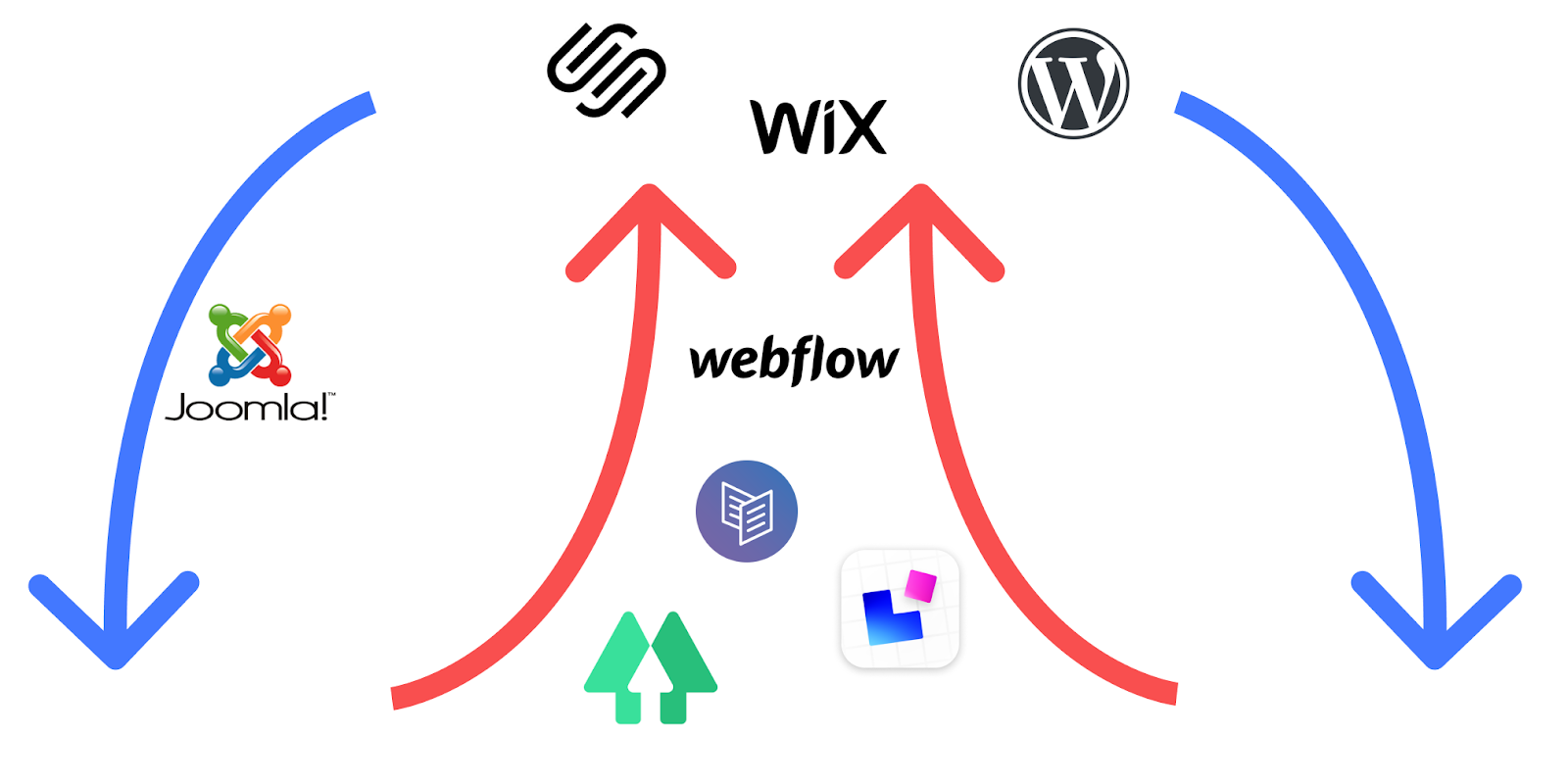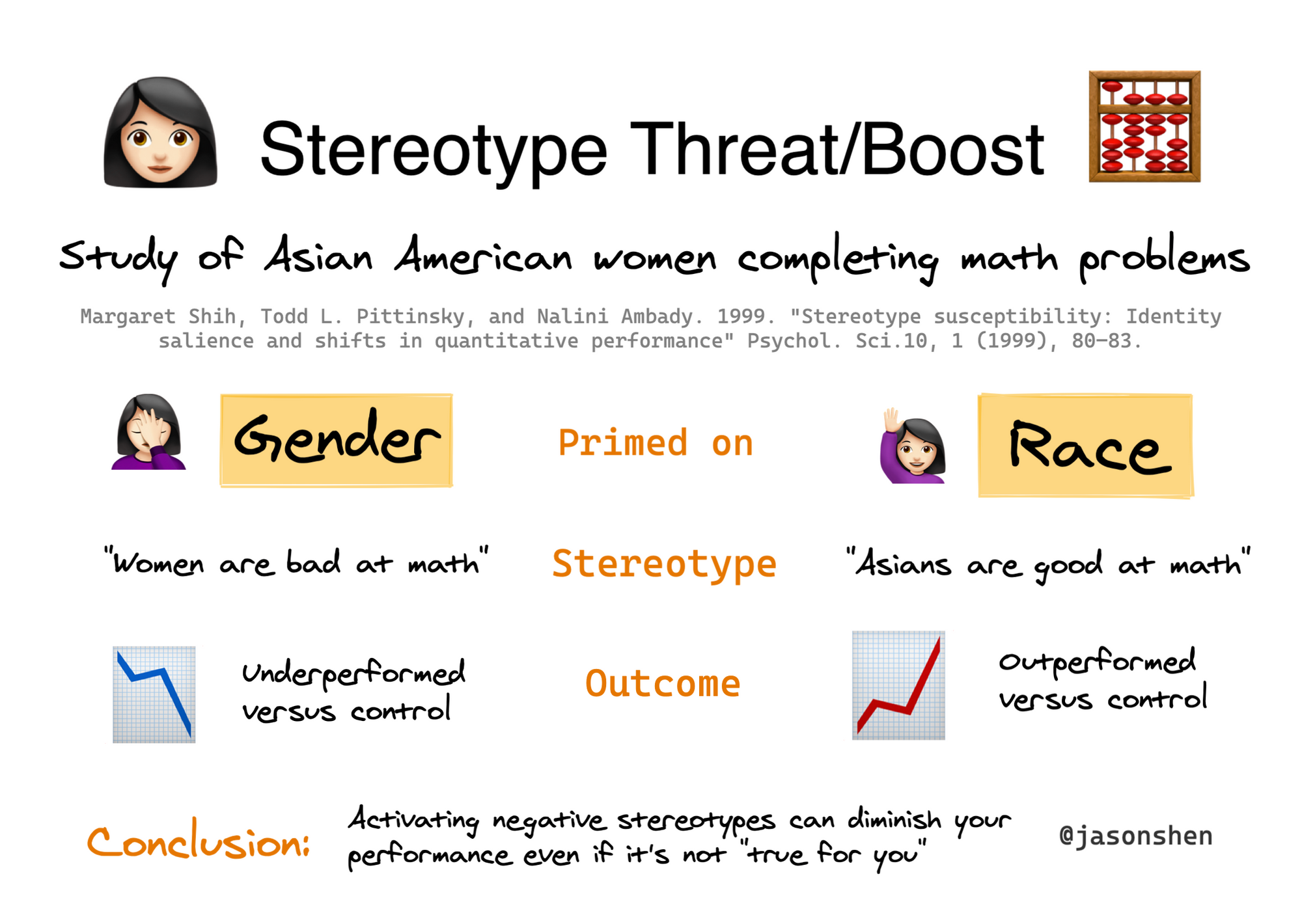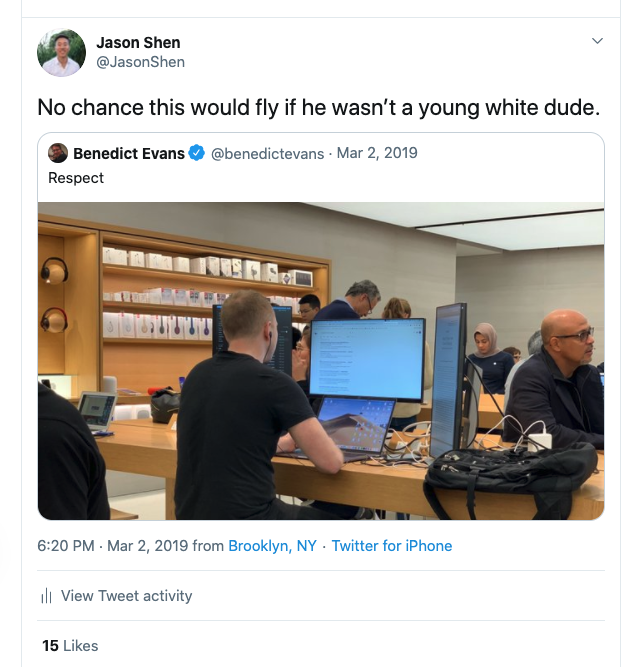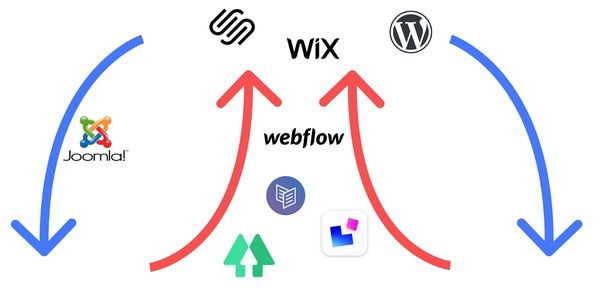Happy Saturday!
This is the 13th edition of Making Connections, where we take a random (illustrated) walk down tech, fitness, product thinking, org design, nerd culture, persuasion, and behavior change.
Did you take the Humor Orientation quiz from last edition (MC#012)? What did you think?
1. ♨️ Complexity and Product Lines
Technology | Strategy

In Divinations by Nathan Baschez (a great Substack on business strategy) we are introduced to the term "Complexity Convection", the idea that businesses start simple, get complex, then die.
I like how they use web publishing as an example because we've seen so many companies emerge and continue to emerge in this space. There's always room for "another great website builder".
By the way, did you know Wix makes three quarters of a billion dollars annually (!!) and that $117M of that is "solutions" - aka people who are paid to tweak your Wix site (which is supposed to be so simple anyone can use it).
I made a similar point in my article "The Rise and Fall of Product Lines" where I outlined the 4 stages of a product line (like Marvel's X-Men, iPods, and Vibrams)
- Company develops breakthrough product that's focused and distinct
- Product gets popular because of its distinctiveness
- Company expands product lines to serve more segments (colors, styles, sizes)
- Growth stalls due to expanded product lines which cause customer confusion and lack focus
- Company has to clean house or reboot to consolidate and refocus
What's great about this piece though is that it focuses more on software products and explains why complexity is so valuable
Fifth, complexity increases stickiness and lifetime value of the customer. Website builders already have low churn rates, but complexity increases switching costs. if your website has custom solutions like plug-ins, specific designs, and payment integration, you’re even less likely to want to switch platforms because you’ll have to re-create all of that on your new platform of choice.
We want things that are simple, but also powerful, and that's why the convection / rise-and-fall will always continue.
2. 🎭 How Stereotype Shape Our Performance
Psychology | Performance
I first learned about stereotype threat in college. It was a fascinating concept that I learned more about in a book called Whistling Vivaldi*. The premise is that we spend a great deal of mental energy fighting off negative stereotypes when we are reminded of them or are aware that others might be thinking about them. And that taking away that stereotype threat often dramatically lifts any achievement gap between individuals.
The most stark example of this was a study of math questions given to Asian women. Asians in Western culture as stereotyped to be good at math, while women are stereotyped to be bad math - relatively speaking. So in this study, researchers would sometimes activate references to race by having participants answer questions about their ethnicity and culture, while other times activate references to their gender.

As you might expect, when activated around gender, these Asian women underperformed relative to control in a series of math questions. But when activated around race, they outperformed the control, a so called stereotype lift.
This effect is incredible to me and does, to some degree, lend credence to the idea that sometimes the best way to make a problem go away is to ignore it or find a way to make it irrelevant or a non factor. (A 2013 replication study confirmed the existence of stereotype threat after removing anyone unaware of the stereotype) But at the same time, these issues are so embedded that it's impossible to imagine an uncoordinated effort to stop emphasizing race or gender or other aspects - especially since they have such obvious visual indicators.
It also does show the power of our confidence on our performance, or at least the fact that our brains are very complicated and are constantly thinking about multiple things at the same time.
*As for the title of the book, it's a reference to the fact that one black man he knew would often whistle Vivaldi's Spring concerto when walking down the street at night as to break down the stereotype of a Black man being uneducated and dangerous. Because people do not expect a Black man to appreciate classical music, it moves them out of their typical thinking.
3. 🚫 Who Gets to Break the Rules?
Race | Culture

I'm thinking about who is allowed to break the rules and get away with it. I'm thinking about this because a few years ago, I saw an a16z venture capitalist tweet a photo of a man who had set up shop at an Apple store. The guy had brought in his own monitor and used the table and space as his personal office, with his bag and papers sprawled out. One might consider that this was a rude way to occupy retail space that was not meant for coworking. The VC tweeted "Respect", ostensibly meaning that he respects the hustle and audacity of this guy to set up shop in the middle of an Apple Store.
I used to really be about the "hustle". What Y Combinator calls being a bit "naughty". To be fair, building anything massive does require strategic rule breaking and ignoring social conventions. There's no path to gaining and keeping power without it.
But I'm much more aware of who is allowed to be a rule breaker. It helps if you are White, and male, straight, cis-gendered, and upper class. We call this privilege.
Frank Denbow is well known figure in the NYC tech scene and leads a community around building profitable companies called Inflection. and I consider him a friendly acquaintance. He recently live streamed himself building an ebike in the shared space of his apartment complex. It apparently closed at 8:30pm (weirdly early) and at 8:35, someone (or perhaps the building) had called the police and they were ordering him to leave the shared space or be arrested. He refused to leave the space. After a brief exchange with the police, he was arrested. Frank is Black. I'm sure this does not come as a surprise.
My friend recently moved into a new apartment in Brooklyn. She is a night owl and was working in the evening and gently unpacking. At 2 am, she heard a pounding on her door. The angry White man and his wife chewed my friend out for keeping them up for hours due to her excessive noise and accused her of being rude and inconsiderate. This dispute has been going on for days and the couple even complained to the super. Apparently they have had no one living in the apartment above them for the last year. My friend, an Asian woman, is literally interviewing for an executive director role at a Buddhist nonprofit and is one of the most considerate people I've ever known. But her downstairs neighbors could not accept even a minor infraction on their perceived noise rights (anyone living in NYC knows that quiet evenings are hardly a thing)
Not everyone is allowed to "break the rules". Not everyone is allowed to "hustle" and be scrappy. So even as we celebrate rule breakers, disrupters, rebels, etc, we should also be asking why we scream at others and throw them in prison, costing tax payers $80 billion annually.
That’s all for this week. Hope you enjoy yourself this weekend and we’ll talk again soon. As always, open to your thoughts and suggestions.
Jason

